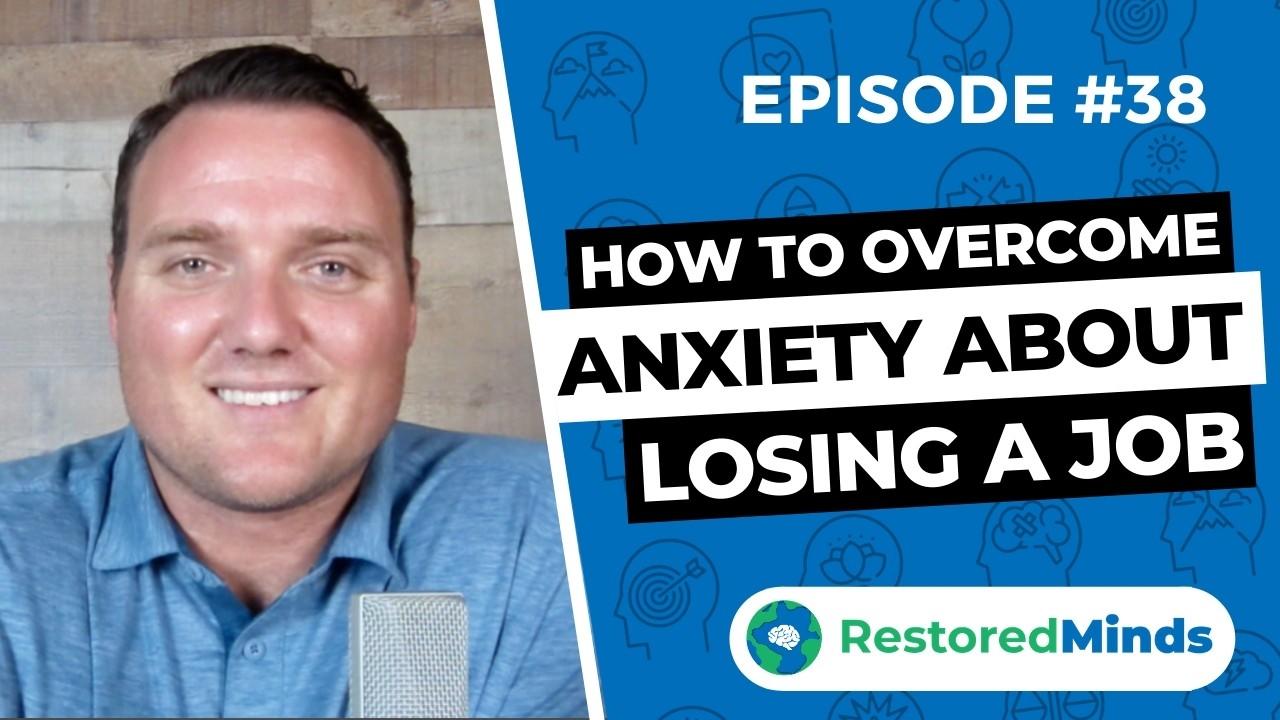How to Overcome Anxiety About Losing a Job
Jul 08, 2020
Understanding Job Loss Anxiety
Job loss anxiety often starts with a "what if" thought: "What if I lose my job?" This thought cascades into second and third-level questions like: "How will I pay my bills?" or "Will I become homeless?" This form of catastrophizing can lead to significant emotional distress. Understanding the root of these thoughts helps to mitigate their impact.
Why Our Minds Fear Change
Our minds have a built-in mechanism to equate change with danger. It’s a survival tactic designed to protect us. However, assuming that all change is bad creates unnecessary anxiety. Change is constant and inevitable. Plants grow, seasons shift, and yes, jobs come and go. Recognizing that change is a natural part of life can help reduce anxiety about job loss.
How Problem-Solving Can Backfire
Problem-solving is a vital skill, but when it comes to anxiety, it can become a double-edged sword. When your mind creates problems on autopilot and tries to solve them without your conscious input, it can trap you in a loop of endless worry. Learning to recognize when your mind is spiraling can help you regain control.
Steps to Manage Job Loss Anxiety
-
Focus on the Present: Worrying about the future often means you're not fully concentrated on your present tasks, which could, ironically, hurt your job performance. Stay grounded in the now.
-
Challenge Negative Beliefs: The assumption that you can't handle change is often unfounded. Reflect on past challenges you've navigated successfully. This will reinforce your ability to cope with future uncertainties.
-
Practice Mindfulness: Techniques like mindfulness and meditation can help keep you in the present moment. These practices teach you to observe your thoughts without becoming entangled in them.
-
Reframe Your Thoughts: Instead of focusing solely on the negative "what ifs," consider positive possibilities. A job loss could lead to a better opportunity you hadn’t previously considered.
-
Appreciate What You Have: Take time to be grateful for your current job and the stability it offers. Gratitude can significantly reduce anxiety levels.
Final Thoughts on Handling Job Loss Anxiety
Anxiety about losing your job is mostly unnecessary suffering. Even if job loss becomes a reality, chances are new and perhaps even better opportunities will arise. By staying present, challenging negative beliefs, and practicing mindfulness, you can manage job loss anxiety more effectively.


